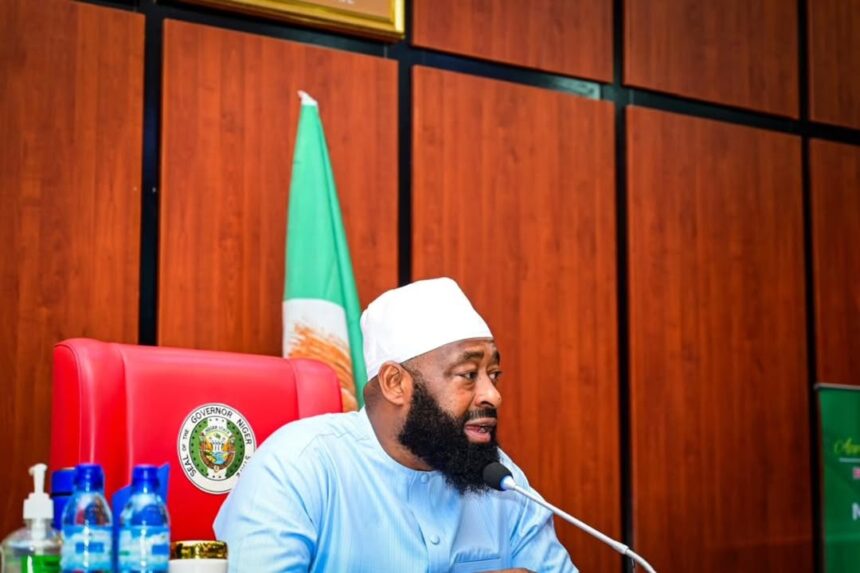In a bid to foster religious harmony and prevent messages that could stir up trouble, Niger State Governor Umar Bago has rolled out a policy requiring all religious leaders to submit their sermons for government review before delivery. The move which has sparked debates across the state aims to prevent messages that could stir hatred or undermine stability, according to state officials.
Speaking during a recent interview on TVC’s Politics on Sunday, Governor Bago clarified that this isn’t about stifling evangelism but about maintaining public order. “I didn’t ban evangelism,” he emphasized. “Anyone heading to deliver a sermon on Friday should bring their sermon for review. Even in places like Saudi Arabia, this is how it’s handled. We can’t allow clerics to spread messages that are anti-people or anti-government and pretend it’s okay.”
ATTENTION: Click “HERE” to join our WhatsApp group and receive News updates directly on your WhatsApp!
The governor linked the initiative to broader security efforts, noting collaborations with agencies like the Department of State Services (DSS), the police, Nigeria Security and Civil Defence Corps (NSCDC), and the military. “We’re working hand-in-hand with these bodies to monitor what’s being said from the pulpits,” he added, highlighting the need to spot potential indoctrination early.
This comes on the heels of an announcement from Umar Farooq, the Director General of Religious Affairs in the state, who earlier this month gave preachers a two-month window to obtain licences. Farooq explained the process: aspiring clerics must visit the bureau’s office, fill out forms, and appear before a screening panel for certification. “It’s true we’ve put a hold on unlicensed preaching,” he said. This aims to stop deteriorating sermons and promote unity.
Bashir Yankuzo, the Chief Imam at the Federal University of Technology in Minna, voiced concerns that preaching is ultimately a spiritual calling, not something the state should micromanage. “People do this for God’s sake, not for pay,” he pointed out, though he agreed that the intervention makes sense if someone’s words cross into abuse or endanger security.
On the Christian side, Raphael Opawoye, secretary of the Christian Association of Nigeria (CAN) in Niger, said his group hadn’t received formal notice yet. “We’re not aware of any ban affecting us,” he stated, adding that CAN would issue a response once officially informed.
As the two-month deadline approaches, religious bodies are expected to engage and comply with officials to iron out details. For now, the bureau is urging clerics to comply swiftly to avoid disruptions.

